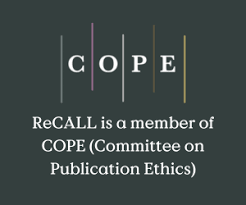GOOD CORPORATE GOVERNANCE IN ISLAMIC FINANCIAL INSTITUTIONS: OJK COMPLIANCE CHALLENGES
Keywords:
Good corporate governance, Islamic financial institutions, Shariah compliance, OJK regulation, transparencyAbstract
This study examines the implementation of Good Corporate Governance (GCG) in Islamic financial institutions (IFIs) in Indonesia, with a particular focus on compliance challenges posed by the Financial Services Authority (OJK). Unlike conventional banks, IFIs operate under a dual framework that requires adherence not only to regulatory standards but also to Shariah principles, creating distinctive governance complexities. Using a qualitative design, the research employed semi-structured interviews with compliance officers, board members, and regulators, complemented by observations and document analysis, and the data were thematically analyzed to capture governance dynamics. The findings indicate that compliance remains inconsistent due to limited stakeholder understanding, with less than half of board members demonstrating adequate knowledge of GCG principles, while inconsistencies in Shariah supervisory board rulings further complicate standardization across institutions. Weak transparency and accountability also persist, as evidenced by the fact that only half of IFIs publish sustainability reports, thereby reducing stakeholder trust and regulatory credibility. Case studies reveal that institutions investing in staff training and cultivating a compliance-oriented culture achieve stronger governance ratings, whereas those with inadequate internal controls face sanctions and reputational risks. These results highlight the dual pressures that make IFIs more vulnerable to governance risks compared to their conventional counterparts. The study argues that enhancing governance requires collaborative efforts, where regulators refine guidelines, strengthen monitoring, and expand capacity-building initiatives, while IFIs prioritize human capital development, adopt regulatory technology, and reinforce Shariah governance integration. With the Islamic finance industry projected to grow at an annual rate of 10%, the ability to overcome governance challenges will determine the competitiveness, sustainability, and ethical credibility of IFIs in the global financial landscape.












